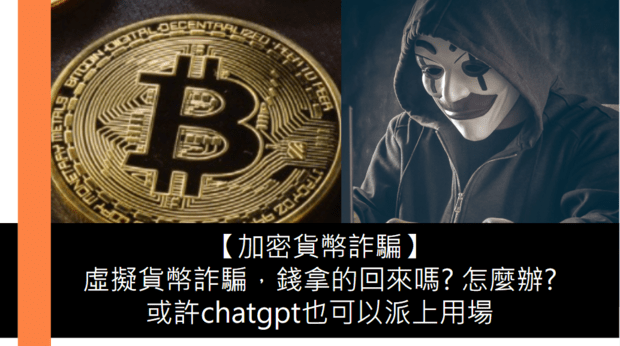In the world of 如何買比特幣, Bitcoin has emerged as a transformative and often polarizing innovation. Introduced in 2009 by an enigmatic individual or group under the pseudonym Satoshi Nakamoto, Bitcoin is a decentralized digital currency that operates on a technology called blockchain. This technology ensures secure and transparent transactions by recording them on a distributed ledger, maintained by a network of participants. Bitcoin’s decentralized nature challenges traditional financial intermediaries, enabling peer-to-peer transactions without the need for banks or payment processors.
The concept of scarcity is a defining characteristic of Bitcoin, with a fixed supply of 21 million coins. This scarcity, coupled with the process of “mining” – the energy-intensive computational process that validates transactions – draws parallels to precious metals like gold. Consequently, Bitcoin has garnered attention as a potential store of value and a hedge against traditional financial systems. However, its price volatility has sparked debates about its stability and suitability for mainstream adoption.Bitcoin’s journey has been marked by both innovation and controversy. While its potential for financial inclusion and remittances is promising, its pseudonymous nature has also raised concerns about its use in illicit activities. Governments and regulators around the world have grappled with how to classify and regulate Bitcoin, leading to a complex and evolving regulatory landscape.
